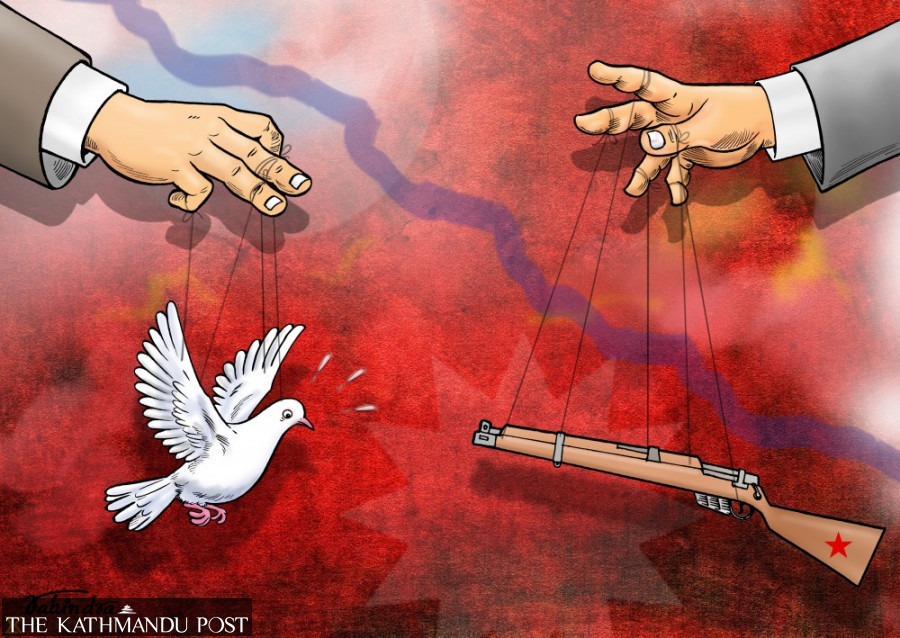Editorial
No short-changing
Conflict victims and rights activists have voiced dissatisfaction with several provisions in the proposed law.
With barely a few months remaining in the government’s tenure, it has finally found the urgency to register a bill at the Parliament secretariat, seven years after the Supreme Court’s directive to amend the Investigation on Enforced Disappeared Persons, Truth and Reconciliation Commission Act 2014. While the bill has made headway, conflict victims and human rights activists have voiced dissatisfaction with several provisions in the proposed legislation.
The bill has categorically left out non-amnestiable cases of serious human rights violation, including “cruel murder”, among a range of serious crimes committed during the Maoist conflict; it has failed to widen the definition attributable to cruel murder. It has also segregated cases of human rights violation and serious human rights violation, which is not present in the existing Act. In the absence of a definition of cruel murder, the victims are suspicious of how the government formulated the bill. They are inclined to suspect that an omission of this magnitude could lead to exoneration of persons facing murder charges outside the purview of cruel murder or murder after torture or rape.
Another cause for concern is lack of recourse to appeal. Criminal cases from the decade-long insurgency that are sub judice at the district and high courts will, in all respects, be transferred to the Special Court, and any decision taken by the Special Court shall remain final with no provision for appeal to the Supreme Court. The scrapping of the right to appeal, which is, in fact, a statutory privilege, is evidence that the government is treating the act of disseminating justice as any other trivial governmental task that it desires to dispense with, rather than treating it as closure of an issue that significantly impacted the course of the country at immeasurable cost.
In its efforts to bring a meaningful conclusion to the transitional justice process, the government should not go about undercutting the provisions in the bill through a mere spin of the words or blatantly disregarding the seriousness of the issue. Justice will not be complete by failing to confront the horrors inherent in the decade-long conflict that saw both sides, the Maoist rebels and the government security forces, committing heinous acts leading to the loss of innumerable innocent lives. It cannot be designed as a means to hurriedly conclude the act of disseminating justice with amnesty as its core goal, and this cannot be achieved by ignoring the concerns of those affected the most. While a revised bill is a step in the right direction, to bring it to its desired conclusion, the government certainly needs to consider the concerns of those affected.




 18.12°C Kathmandu
18.12°C Kathmandu














